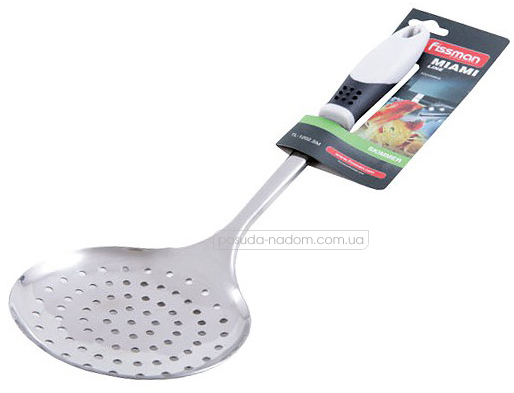Sure, here's a simple database schema for an online merchandise store. The schema contains tables for products, users, orders, order details, and a few others.
**Tables**:
1. **Users**
- UserID (Primary Key, Auto Increment)
- Username (Unique)
- PasswordHash
- Email
- FirstName
- LastName
- Address
- City
- State
- PostalCode
- Country
- RegistrationDate
- LastLogin
2. **Products**
- ProductID (Primary Key, Auto Increment)
- ProductName
- Description
- Price
- StockQuantity
- CategoryID (Foreign Key)
- ImageURL
3. **Categories**
- CategoryID (Primary Key, Auto Increment)
- CategoryName
4. **Orders**
- OrderID (Primary Key, Auto Increment)
- UserID (Foreign Key)
- OrderDate
- ShippingAddress
- City
- State
- PostalCode
- Country
- OrderStatus
5. **OrderDetails**
- OrderDetailID (Primary Key, Auto Increment)
- OrderID (Foreign Key)
- ProductID (Foreign Key)
- QuantityOrdered
- UnitPrice
6. **PaymentDetails**
- PaymentID (Primary Key, Auto Increment)
- OrderID (Foreign Key)
- PaymentMethod (e.g., Credit Card, PayPal, etc.)
- PaymentStatus
- TransactionID
7. **Reviews**
- ReviewID (Primary Key, Auto Increment)
- ProductID (Foreign Key)
- UserID (Foreign Key)
- Rating (e.g., 1 to 5)
- Comment
- ReviewDate
8. **Cart**
- CartID (Primary Key, Auto Increment)
- UserID (Foreign Key)
9. **CartItems**
- CartItemID (Primary Key, Auto Increment)
- CartID (Foreign Key)
- ProductID (Foreign Key)
- Quantity
**Relationships**:
- **Users** to **Orders**: One-to-Many (One user can place many orders, but an order belongs to one user)
- **Products** to **OrderDetails**: One-to-Many (One product can be part of many order details, but an order detail refers to one product)
- **Orders** to **OrderDetails**: One-to-Many (One order can have many details, but an order detail refers to one order)
- **Products** to **Reviews**: One-to-Many (One product can have many reviews, but a review refers to one product)
- **Users** to **Reviews**: One-to-Many (One user can write many reviews, but a review is written by one user)
- **Users** to **Cart**: One-to-One (Each user can have one cart)
- **Cart** to **CartItems**: One-to-Many (One cart can have many items, but a cart item belongs to one cart)
- **Orders** to **PaymentDetails**: One-to-One (Each order can have one payment detail)
This schema is a basic representation and can be expanded based on the specific requirements and features of the online store. Additional attributes, relationships, and tables (like for handling discounts, promotions, or loyalty points) can be added as needed. Regular normalization practices should also be applied to optimize the design.
 Інтернет-магазин посуду
11 років успішної роботи для Вас!
Інтернет-магазин посуду
11 років успішної роботи для Вас!

